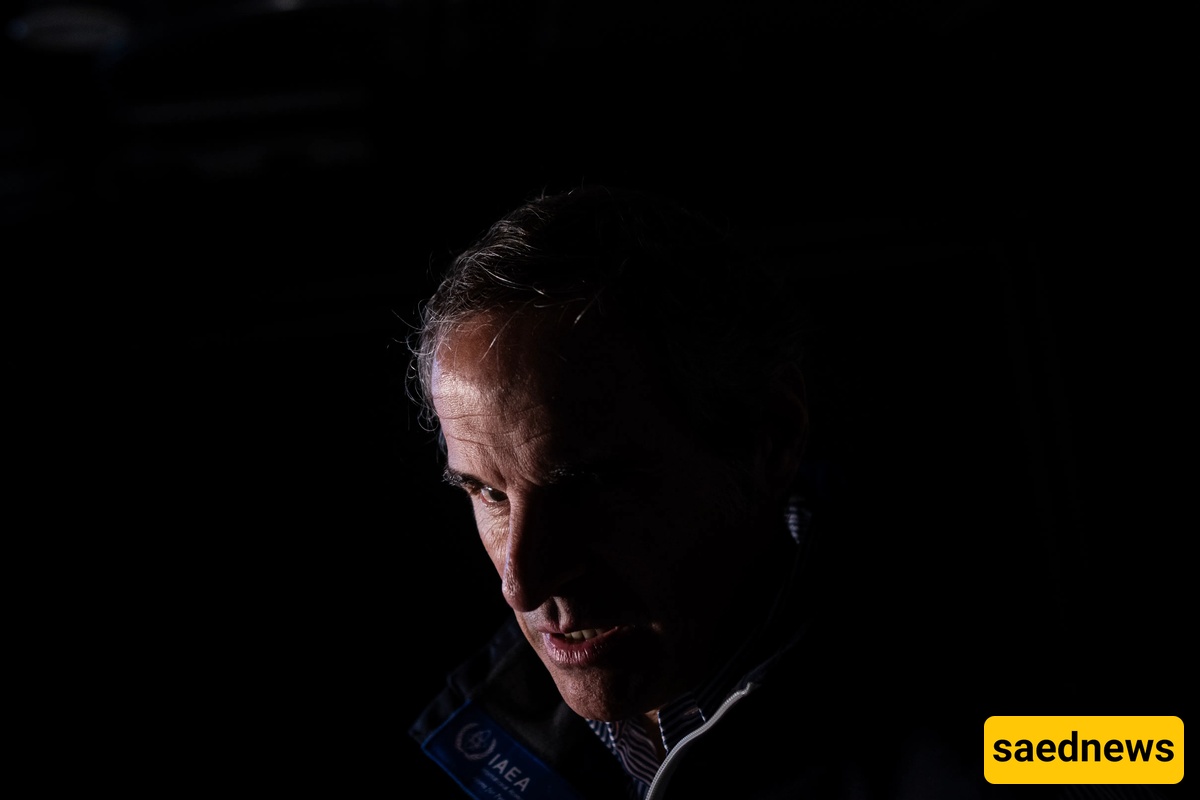SAEDNEWS: Iranian officials have forcefully rejected allegations by the IAEA’s Director-General Rafael Grossi that enriched uranium may be stored at Isfahan’s UNESCO-listed heritage sites, calling the claim an act of “cultural aggression” and “dangerous fiction.”

According to Saed News, Iranian lawmakers and cultural authorities have condemned recent comments by Rafael Grossi, Director-General of the International Atomic Energy Agency (IAEA), suggesting that enriched uranium might be concealed within historical sites in the ancient city of Isfahan. The remarks, they say, not only lack evidence but also jeopardize internationally protected heritage zones.

“This is nothing but psychological warfare wrapped in falsehood,” said Mostafa Nakhaei, deputy head of the Iranian Parliament's Cultural Heritage and Tourism Committee. “The West is envious of our ancient civilization and uses such outrageous claims to justify its expansionist cultural agenda.”

Nakhaei’s comments echo widespread outrage across Iranian institutions, including a stern rebuke from former Foreign Minister Mohammad Javad Zarif. “Grossi’s baseless accusations have now paved the way for another potential crime against humanity—this time, targeting humanity’s shared heritage,” Zarif said. “The IAEA must not allow itself to be a pawn in a political game.”
In response, Iran’s Minister of Cultural Heritage, Seyed Reza Salehi Amiri, dispatched an official letter to UNESCO’s Director-General Audrey Azoulay, citing both the 1954 Hague Convention and the 1972 World Heritage Convention. The letter underscores the international community’s obligation to safeguard Iran’s 40,000 national and 28 internationally registered heritage sites, including the famed Naqsh-e Jahan Square and ancient qanats of Isfahan.

Ali Darabi, Deputy Minister of Cultural Heritage, emphasized the urgency: “Cultural heritage is not just a national symbol—it is humanity’s memory. We call for binding and immediate action from UNESCO and global bodies to prevent irreparable loss.”
As tensions rise over Iran’s nuclear program, Tehran warns that the politicization of cultural sites not only endangers diplomacy, but also the preservation of irreplaceable human history.

